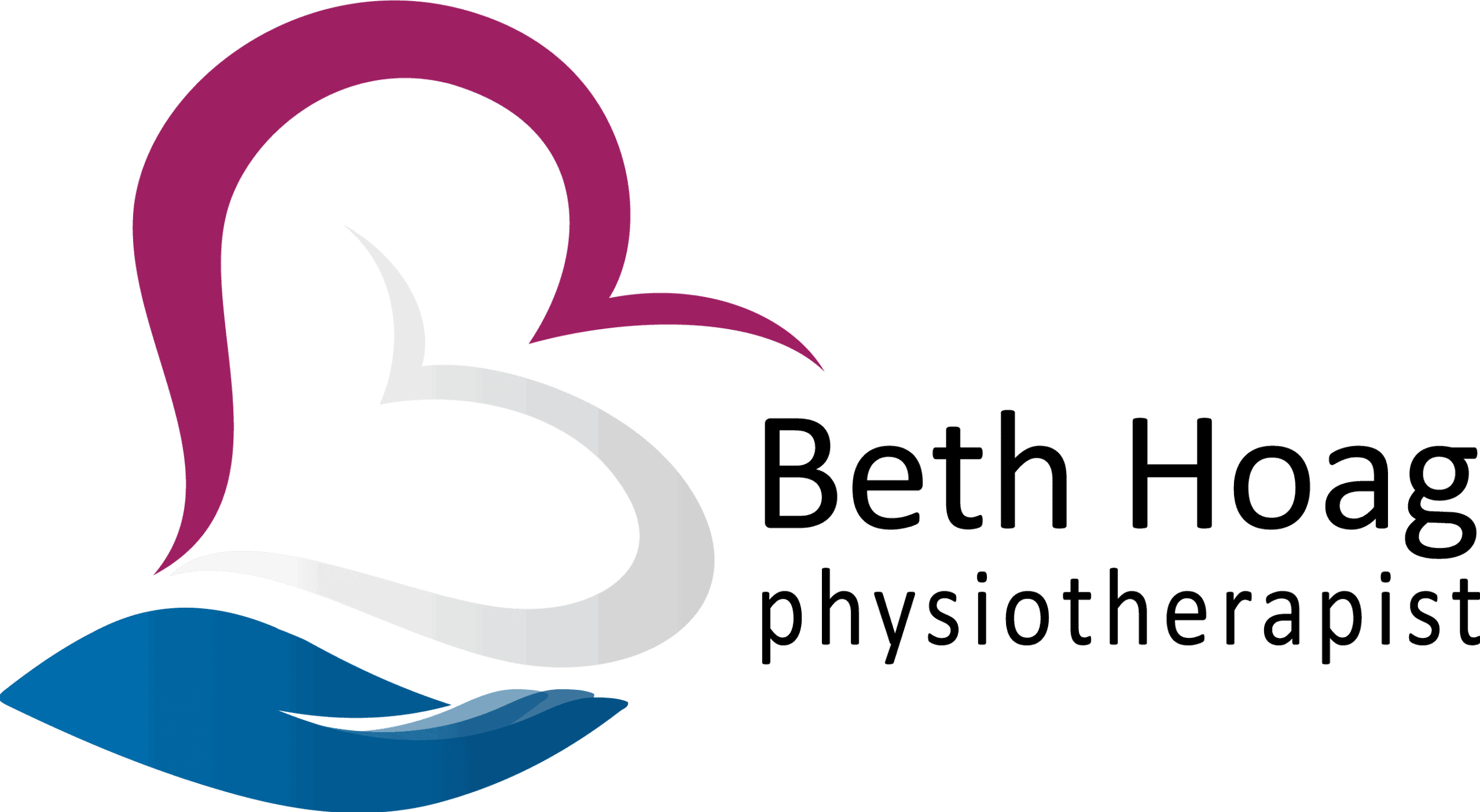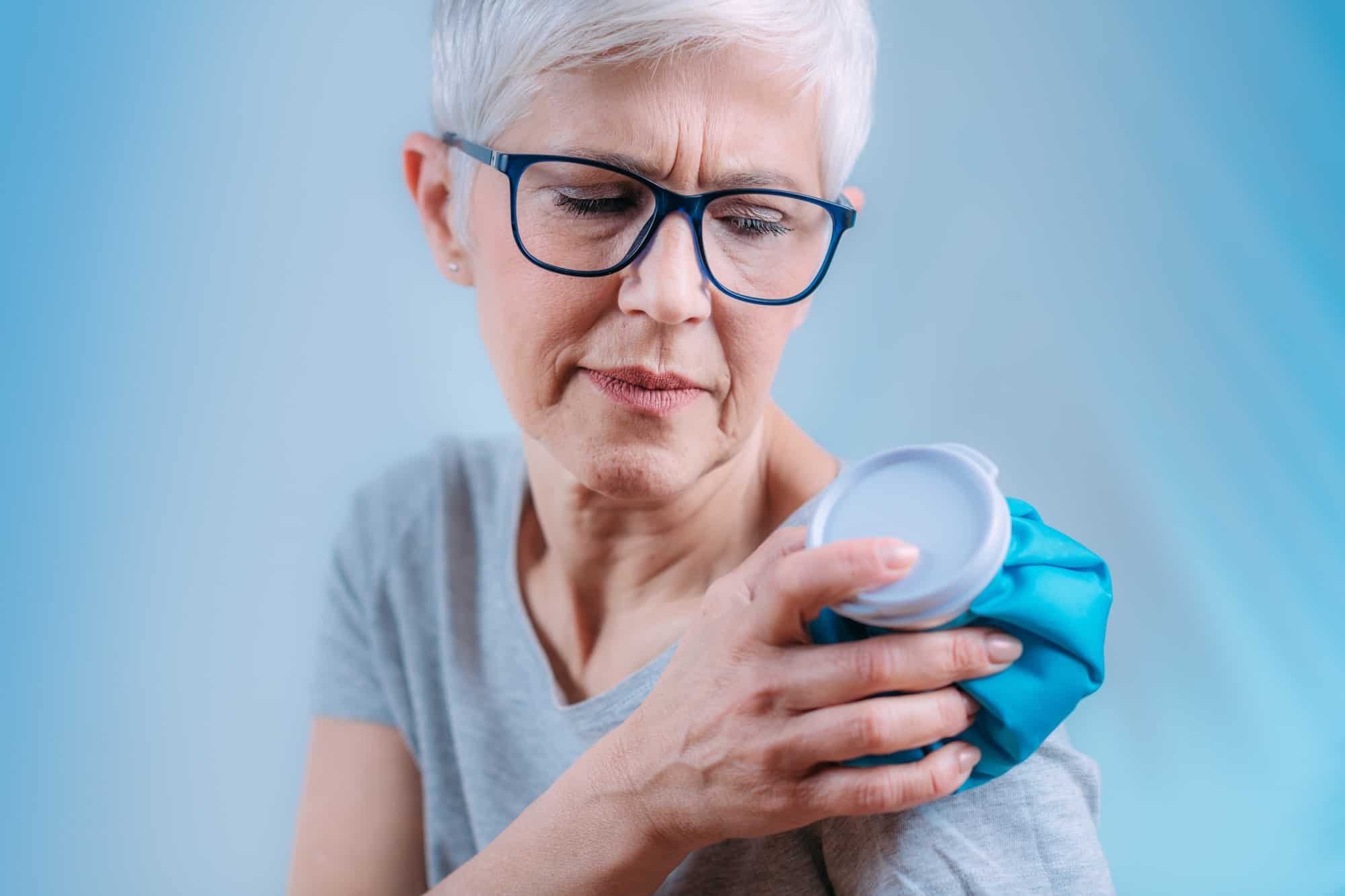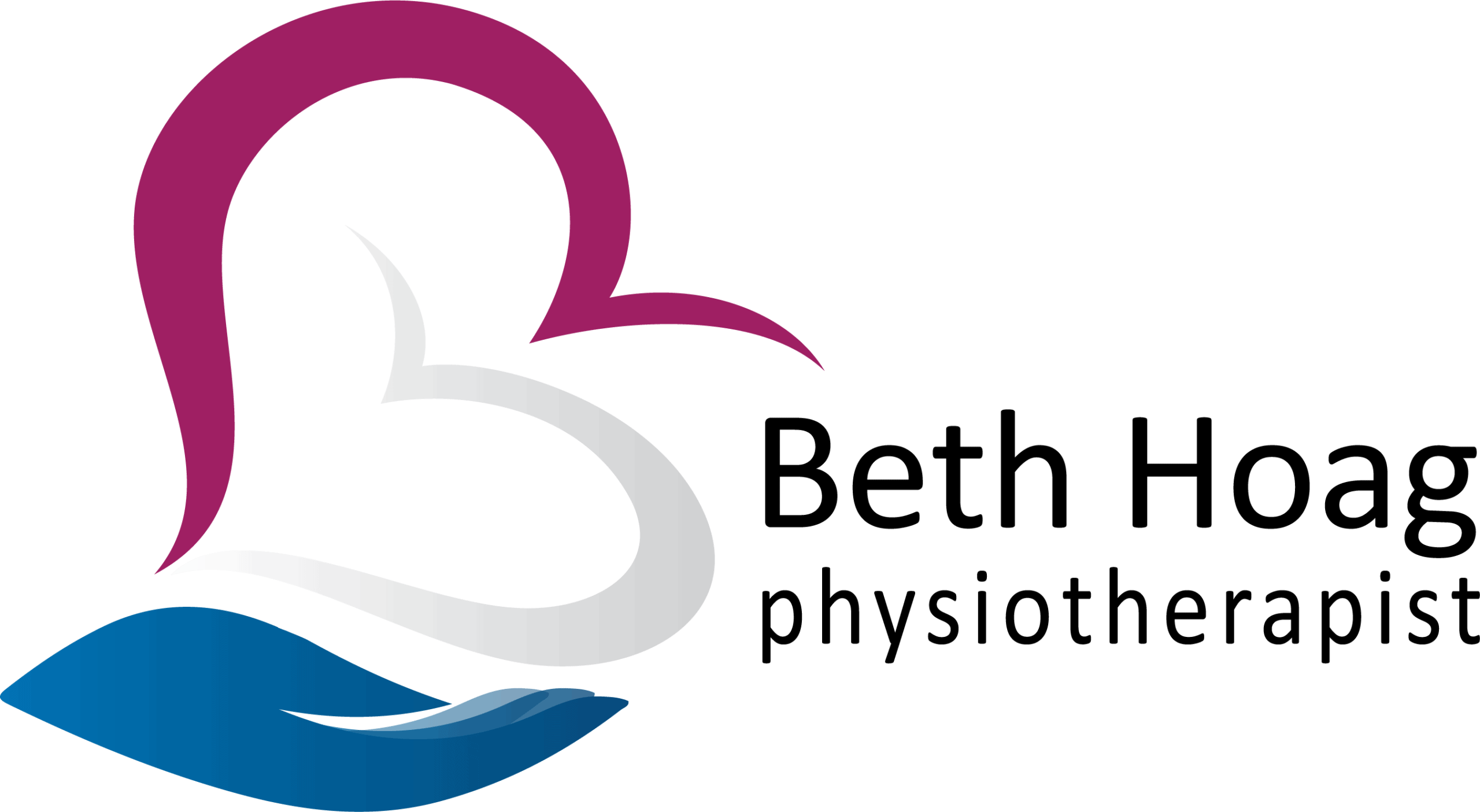The Heart & Stroke Foundation of Canada has a wonderful explanation of heart disease risk factors and prevention here.
Cancer Treatment can “Change the Heart Health Game”
“Cardio toxicity” is the name given to a variety of heart problems that can be caused by cancer treatments. These symptoms can occur shortly after treatment or even years later. In my experience working in cancer rehabilitation, it is often the later effects that may go unnoticed for quite some time. (This is my motivation in writing this blog!)
Knowledge is power in understanding if you have any additional heart health risk, how to minimize your risk and how to detect it early.
What Cancer Treatments can Affect the Heart?
There are certain types of cancer treatment side effects that can affect the heart, even years after treatment. Clearly, your cancer treatment will/did depend on many factors and is/was recommended by your medical team based on your specific situation. If you haven’t yet had your cancer treatment, you may wish to discuss this further with your medical team. If you have already had your cancer treatment, understanding if you’re at an increased risk for heart problems will arm you with better awareness of the signs to watch out for and what you can do to reduce your risk.
The following cancer treatments may increase your heart health risk (note: this is not an exhaustive list) (4, 5):
- Chemotherapy
- Drugs called Anthracyclines (e.g. Doxorubicin, Epirubicin, Danorubicin)
- Cisplatin
- Carboplatin
- Paclitaxel (Taxol)
- Cyclophosphamide
- Radiation
- Radiation to the chest, spine and abdomen can impact the heart.
- The impact on the heart depends on the dose of radiation received (high-dose radiation poses a higher risk) and the amount of heart tissue that was in the radiation field.
- Immunotherapy
- Checkpoint inhibitors (a class of immunotherapy drugs) (6, 7)
- Targeted Therapy
- Bevacizumab (Avastin)
- Trastuzumab (Herceptin – breast cancer mediation)
- Some types of Tyrosine Kinase Inhibitors (8)
- Treatments that induce menopause
- Medications and/or surgery (ovary removal)
- Certain childhood cancer treatments (9)
Control Your Controllables: You CAN Reduce Your Risk
Your Medical Team
The above treatments were/are necessary for your cancer treatment but they are things that we cannot change or control. However, there are some things your medical team will likely (or did) consider to minimize the risk to your heart (while balancing out the need to treat your cancer.) These might include dosage adjustments (medication or radiation), drug alternatives or additions, and how radiation is given (e.g. holding in a deep breath while radiation is given). If you have any questions, it is always best to speak with your medical team for specific information tailored to your individual treatment plan.
What YOU Can Do
Thankfully there are also simple things you can do to lower your risk of heart problems. Note that I said “simple”… simple doesn’t always mean “easy!” These lifestyle modifications may take some work (and possibly some help from a health and wellness professional), but the investment in yourself can really pay off.
Specifically, here are a few ways you can reduce your risk of heart problems after cancer treatment:
- Get to and maintain a healthy body weight
- Don’t smoke/stop smoking
- Exercise regularly
- Eat a healthy diet
Find ways to manage your stress.
Know the Signs & Symptoms of Heart Problems
Finally, we can’t fully control whether or not your heart health will be impacted by cancer treatment side effects, so it’s enormously important for you to know the possible signs & symptoms so you can seek medical attention quickly. If any of these symptoms appear, they don’t go away or they are getting worse, please do NOT wait until your next regularly scheduled medical appointment; see a doctor as soon as possible.
The following are the signs and symptoms of heart problems (4, 5):
- Shortness of breath
- Light headedness or dizziness
- Discomfort or pain in the chest (heavy pressure or fullness… may travel to the arm, chin or face)
- Fatigue that prevents or impedes regular exercise and normal activities
- Sweating, nausea or shortness of breath w chest pain
- Sharp pain in the centre or L side of chest (often worse when you take a deep breath)
- Periods of heart racing, throbbing, or feeling like your heart skips beats
- Swollen hands, feet/ankles or abdomen
- Poor appetite
- Cough or wheezing that won’t go away
Need a Little Help?
As I mentioned earlier, lifestyle changes can be difficult but are very important to maximizing your heart health. If you are having difficulty putting a plan into action, seeking out the assistance of a knowledgeable professional can be helpful. For specifics about a progressive exercise program that is both heart healthy and cancer recovery savvy, speaking with a cancer rehab physiotherapist is a great place to start. You can also head over to my blog space and my resources page for additional resources on exercise, self-care/stress management, and mindfulness practices.
Until next time, be well.
Resources:
- Centre for Disease Control and Prevention. Leading Causes of Death – Males – All races and origins – United States, 2017. Health Equity. Accessed Jan 28, 2022. https://www.cdc.gov/healthequity/lcod/men/2017/all-races-origins/index.htm
- Statistics Canada. (2022, January 24). Age-standardized mortality rate by leading cause of death and sex. Accessed Jan 28, 2022. https://www150.statcan.gc.ca/t1/tbl1/en/tv.action?pid=1310080002
- Heart & Stroke Foundation of Canada. Risk & Prevention. Heart Disease. https://www.heartandstroke.ca/heart-disease/risk-and-prevention Accessed on January 28, 2022.
- American Society of Clinical Oncology Cancer.Net. (2018, October). Heart Problems. Accessed Jan 28, 2022. https://www.cancer.net/coping-with-cancer/physical-emotional-and-social-effects-cancer/managing-physical-side-effects/heart-problems
- Canadian Cancer Society. Heart Problems. Accessed Jan 28, 2022. https://cancer.ca/en/treatments/side-effects/heart-problems
- D’Souza, M., Nielsen, D., Svane, I. M., Iversen, K., Rasmussen, P. V., Madelaire, C., Fosbøl, E., Køber, L., Gustafsson, F., Andersson, C., Gislason, G., Torp-Pedersen, C., & Schou, M. (2021). The risk of cardiac events in patients receiving immune checkpoint inhibitors: a nationwide Danish study. European heart journal, 42(16), 1621–1631. https://doi.org/10.1093/eurheartj/ehaa884
- Totzeck, M., Lutgens, E., & Neilan, T. G. (2021). Are we underestimating the potential for cardiotoxicity related to immune checkpoint inhibitors?. European heart journal, 42(16), 1632–1635. https://doi.org/10.1093/eurheartj/ehaa959
- Orphanos, G. S., Ioannidis, G. N., & Ardavanis, A. G. (2009). Cardiotoxicity induced by tyrosine kinase inhibitors. Acta oncologica (Stockholm, Sweden), 48(7), 964–970. https://doi.org/10.1080/02841860903229124
- Children’s Oncology Group. Heart Problems. Accessed on January 28, 2022. https://www.childrensoncologygroup.org/organs/heartproblems
Disclaimer – These blogs are for general information purposes only. Medical information changes daily, so information contained within these blogs may become outdated over time. In addition, please be aware that the information contained in these blogs is not intended as a substitute for medical advice or treatment and you should always consult a licensed health care professional for advice specific to your treatment or condition. Any reliance you place on this information is therefore strictly at your own risk.





